Three Georgia Tech students will receive paid internships, executive mentorship, and industry connections to leading aerospace organizations.
Three Georgia Tech engineering students have been named to the 2025 class of Brooke Owens Fellows, a nationally competitive program that supports exceptional undergraduate women and gender minorities in aerospace with paid internships and executive mentors.
Andra Oltean, Catherine Fang, and Sara Kapasi join 44 other undergraduates from around the country in the ninth cohort of fellows. Oltean and Fang are studying aerospace engineering; Kapasi is a biomedical engineering student. They join a long list of Georgia Tech students perennially selected for the “Brookies.”
Founded in 2017, the fellowship honors the legacy of space policy expert and pilot Brooke Owens by empowering the next generation of aerospace industry leaders. Fellows gain hands-on experience through internships at leading aerospace organizations and receive guidance from mentors who are top executives, astronauts, and innovators in the field.
Meet the new fellows:
(text and background only visible when logged in)
Catherine Fang: Propelling Innovation in Aerospace
Fang decided to apply for the Brooke Owens Fellowship after reading a motivating quote on the fellowship’s website: “We can’t tell you how many of our incredible alumni came thhiiissss close to not applying. Don’t let Impostor Syndrome hold you back!”
Fang is a mentor at the Aero Maker Space, where they have helped students tackle challenging problems while fostering a supportive community.
“It has been very rewarding to watch the space grow and develop over the course of the time that I’ve been here,” Fang said.
Fang also has been an active member of the Ramblin’ Rocket Club, where they worked on the Guidance, Navigation, and Control (GNC) project. This initiative focuses on developing systems to maintain active stability of rockets through use of control algorithms and software along with various GNC systems.
Joining the project as a freshman was Fang’s first opportunity to apply engineering concepts in a hands-on environment.
“Working with the club gave me hands-on experience that I didn’t get in my freshman-year classes,” they said. “I thought it was so cool to be working on and launching rockets, and being surrounded by such a passionate community motivated me to further explore aerospace engineering.”
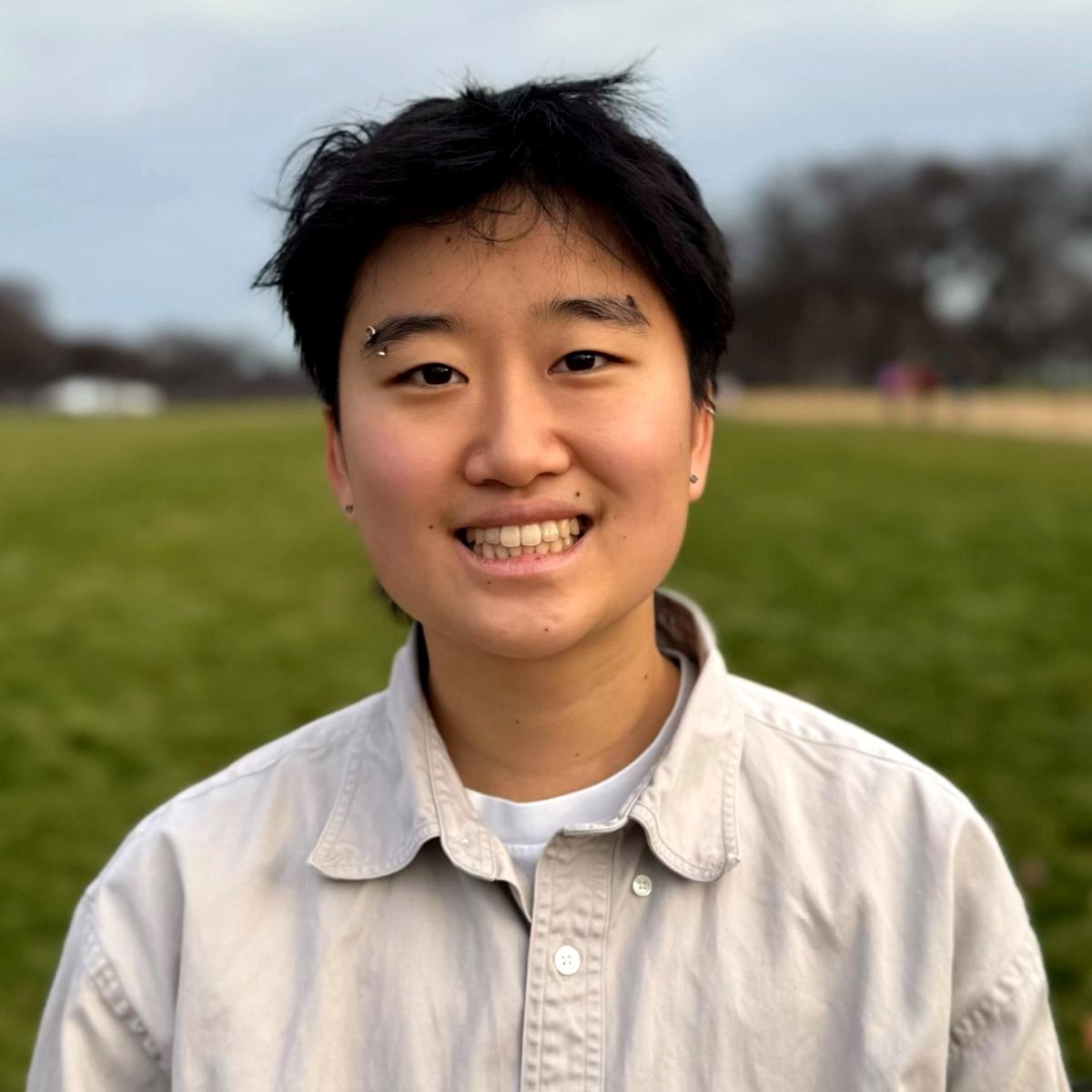
Fang also works as an undergraduate researcher in Christopher Carr’s Planetary eXploration Lab, focusing on astrobiology systems.
This summer, Fang will intern at Millennium Space Systems in El Segundo, California, as part of the Assembly, Test, and Launch Operations team. Fang said they're excited to work on small satellite systems, gain hands-on experience with vehicle integration and testing, and explore the West Coast for the first time.
(text and background only visible when logged in)
Sara Kapasi: Bridging Biomedicine and Space Exploration
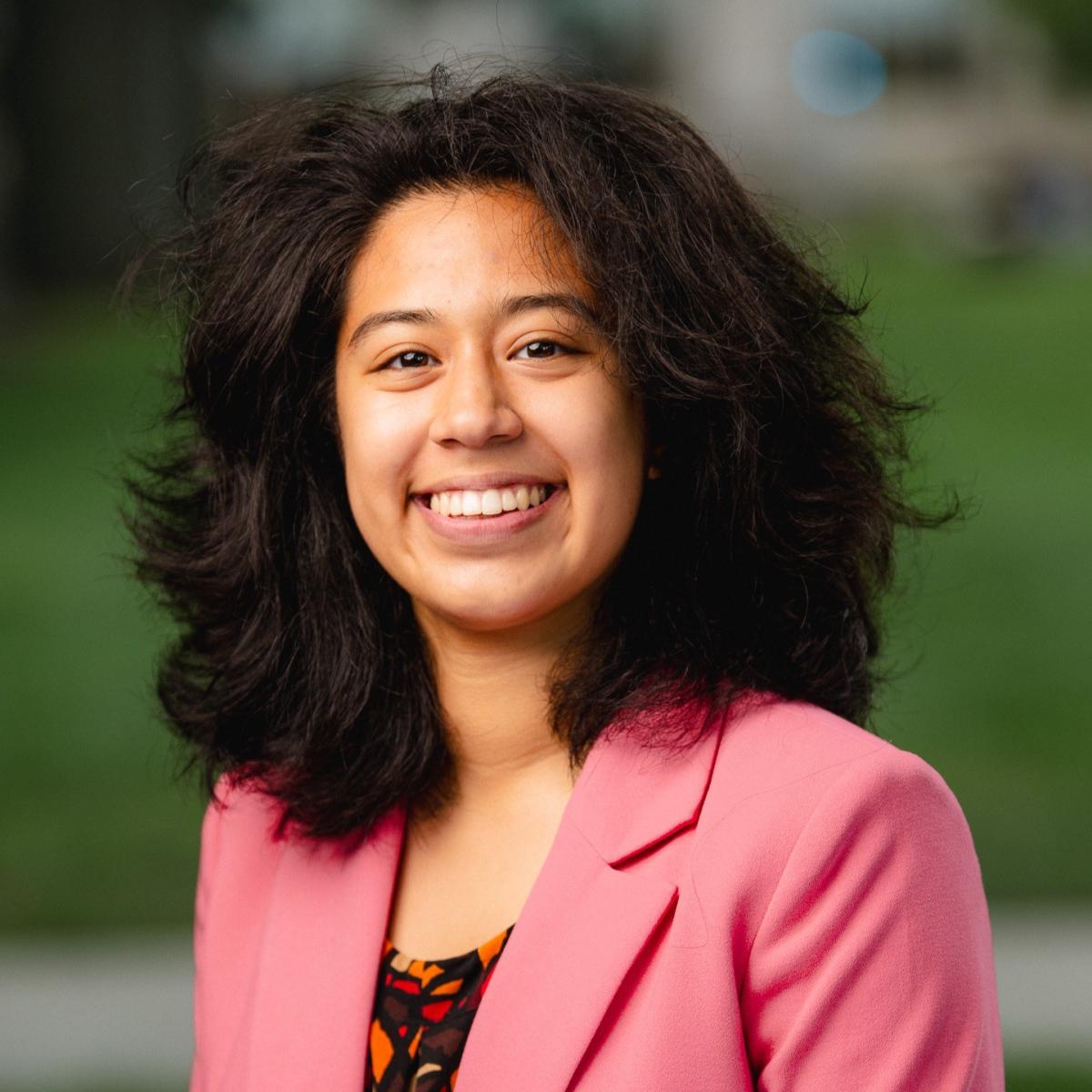
Kapasi is the first biomedical engineering student from Georgia Tech to be named a Brooke Owens Fellow. Kapasi has been involved in interdisciplinary research on drug and microbial behavior in harsh environments, a skillset they are eager to apply to the challenges of human spaceflight.
Kapasi was inspired by friend and previous Brooke Owens Fellow, Vic Paulson, who encouraged them to apply.
“Being a Brooke Owens Fellow means joining an incredible group of driven individuals who are dedicated to fueling their curiosity in aerospace,” Kapasi said. “I’m honored to be part of this community and to contribute to the future of space exploration.”
Kapasi is a biomedical engineering officer for Asclepios V, a student-led space analog mission program. The Asclepios missions simulate astronaut life in isolation, mimicking conditions on a moon base. At Georgia Tech, Kapasi collaborates with the medical team, contributing to scientific research aimed at supporting astronaut health.
This summer, Kapasi will intern at Varda Space Industries in El Segundo, California, as part of their Product Engineering division. Kapasi said they are excited to work on developing pharmaceuticals for spaceflight, with the goal of improving quality of life both in space and on Earth.
Andra Oltean: Exploring New Frontiers in Aerospace
Oltean has been actively involved in research at the Ben T. Zinn Combustion Laboratory, where she works on burner operation, combustion laser diagnostics, and post-data image processing.
She credited these experiences, along with hands-on aerospace projects, for preparing her for opportunities in rocketry.
“My time at Georgia Tech has given me the chance to design and build real propulsion systems, which ultimately helped me land an internship at Stoke Space last fall,” Oltean said. “There, I worked on their second-stage thrusters, which was an incredibly rewarding experience.”
Oltean is a member of the Yellow Jacket Space Program (YJSP), which has provided her with more hands-on experience in propulsion systems as well as project leadership.
She says YJSP has played a huge role in shaping her interest in aerospace by giving her real project ownership and the chance to work on interdisciplinary engineering challenges.
This summer, Oltean will intern at Rocket Lab in Long Beach, California, where she will work on the Neutron Stage Fluids Team. She’s excited to contribute to the development of reusable rocketry, a rapidly evolving area of the aerospace industry.
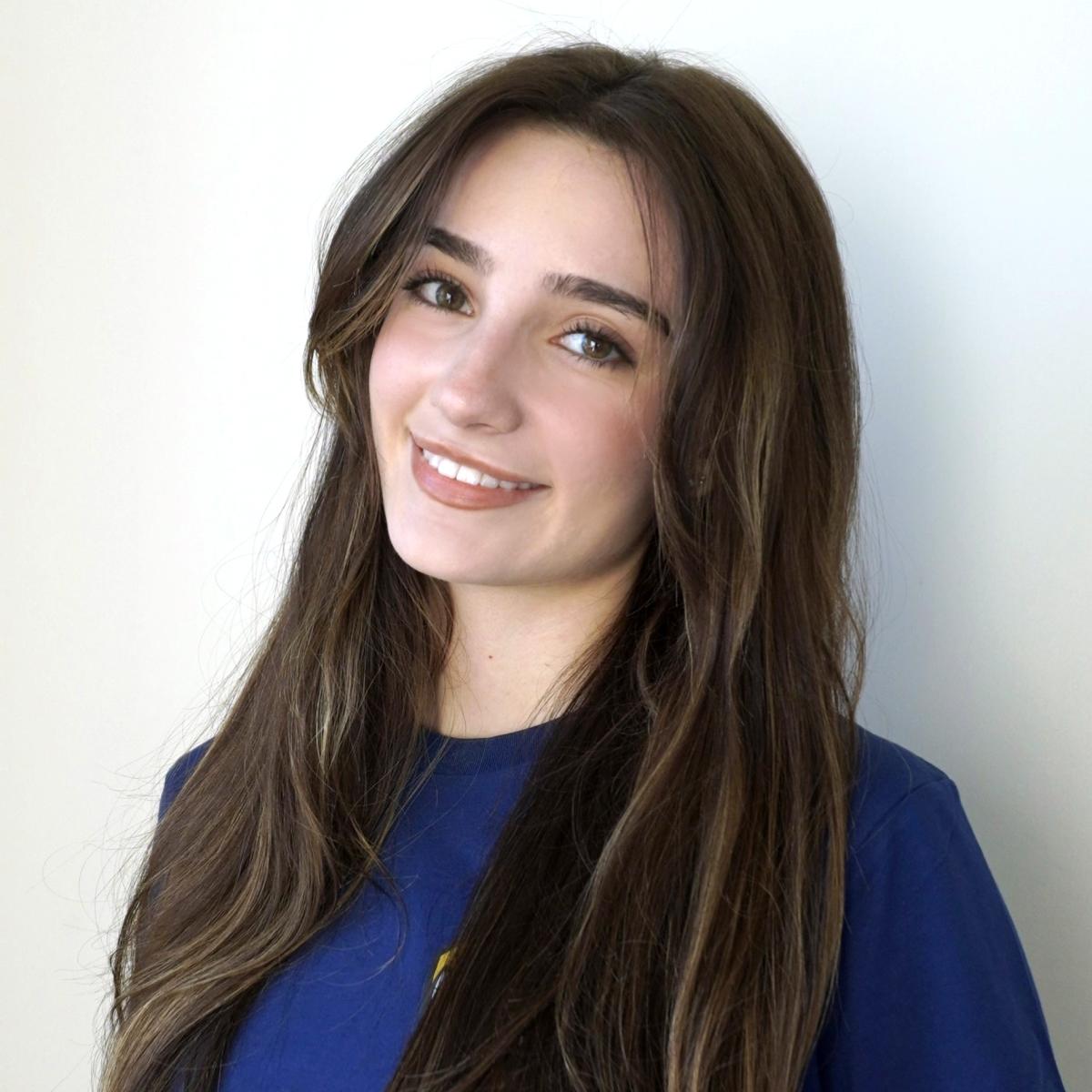
Related Content
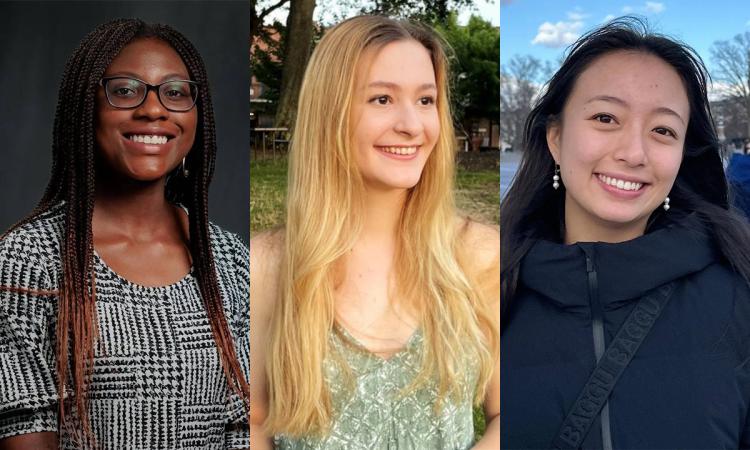
AE, ME Students Named 2024 Brooke Owens Fellows
The three engineering undergrads will intern this summer with leading aerospace engineering companies and be paired with an executive-level mentor.
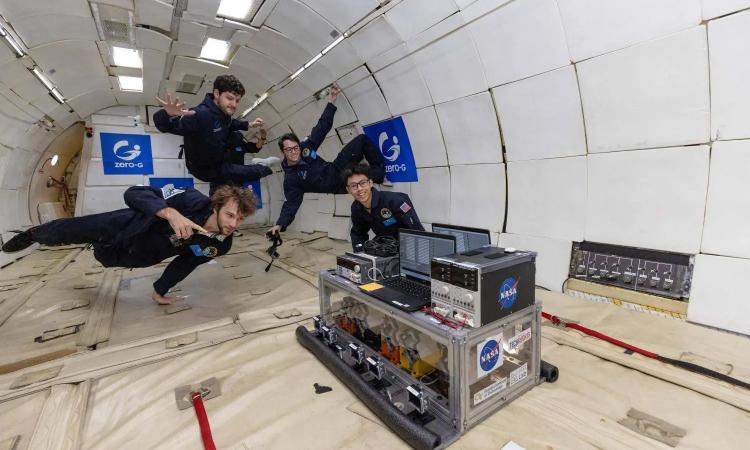
Engineers Use Heat to Manage Propellant and Extend CubeSat Missions by 30%
Álvaro Romero-Calvo and his team tested their approach aboard a parabolic flight that creates short periods of microgravity.